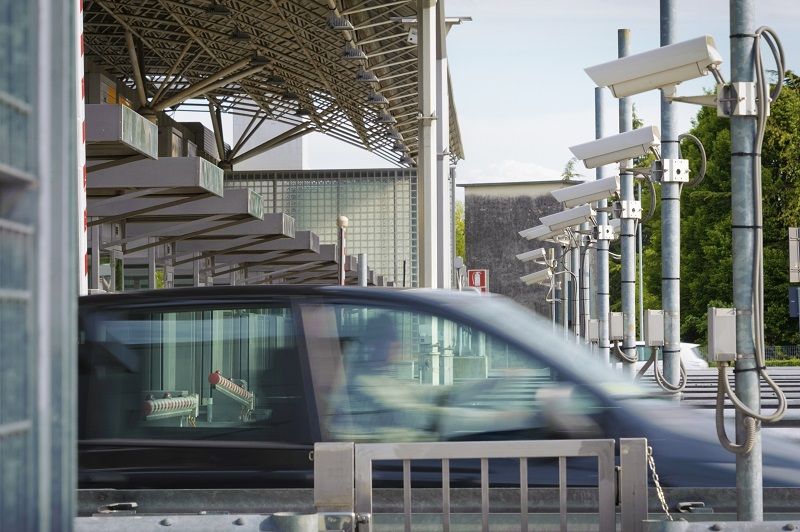

The Portland Development Commission has put 70 urban renewal projects on hold due to the recent Oregon Supreme Court decision in Shilo Inn v. Multnomah County. Amidst the collective hand wringing over the loss of funds, few are discussing the public financing sleight of hand that has been exposed thanks to Shilo.
The court determined that some property taxes dedicated to urban renewal projects were being collected in violation of the 1990 Measure 5 property tax limitation. In plain English, participating local governments were able to access more property tax revenue by claiming the money was going toward schools, all the while knowing that the money would never be used for education. Estimates of the potential refund due to property owners run as high as $30 million.
Now school advocates can join the ranks of the many Oregonians who know that urban renewal spells not only disaster, but also deceit. Residents of North and Northeast Portland know this all too well. Years ago they saw eminent domain used to wipe out ethnic neighborhoods in the name of urban renewal. Today urban renewal has allowed public officials to build Interstate light rail without voter approval.
Portland isn’t the only city with a bad urban renewal record. Just last month Eugene’s city council approved a $4.2 million plan to reopen Broadway, the last of the streets closed 30 years ago for an ill-conceived pedestrian mall that devastated their downtown.
With such a long history of failures, it’s time Oregon put urban renewal to rest.
© 2006, Cascade Policy Institute. All rights reserved. Permission to reprint in whole or in part is hereby granted, provided the author and Cascade Policy Institute are cited. Contact Cascade at (503) 242-0900 to arrange print or broadcast interviews on this topic. For more topics visit the QuickPoint! archive.











